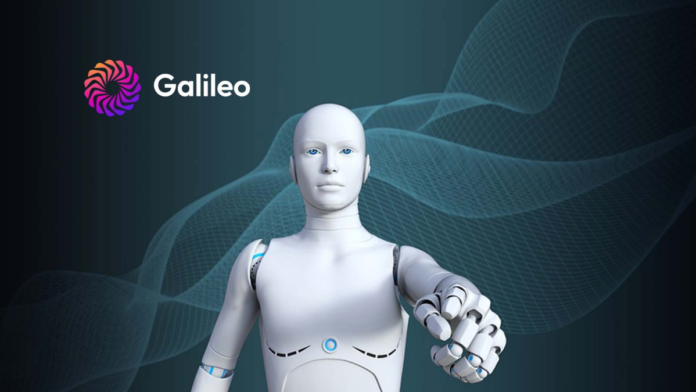Galileo, a machine learning data intelligence platform, has recently announced Galileo Community Edition, allowing data scientists to work on natural language processing to build high-performance ML models with better-quality training data. The free edition was showcased during the Galileo demo hour on November 15.
You can instantly fix, track, curate, and optimize your machine-learning data with Galileo. With Galileo, you can carryout many tasks like text classification, named entity recognition, multi-label text classification, and natural language inference using different platforms such as hugging face, PyTorch, Tensorflow, and Keras.
Vikram Chatterji, the CEO of Galileo, said, “While data powers ML, debugging unstructured data is very manual and time intensive.” The co-founders, Atindrryo Sanyal and Yash Sheth have also noticed the absence of data tools for unstructured data in ML, even in companies like Apple, Google, and UberAI. Therefore, Galileo was developed to help data scientists with handling unstructured data effectively.
With Galileo, data scientists can integrate with various labeling tools such as Labelbox, scale AI, Label Studio, and cloud providers like GCP, AWS, and Azure. Galileo enables users to integrate with different machine learning platforms and sevices like AzureML, VertexAI, SageMaker, and Databricks.
With Galileo, data scientists can reduce the time needed for training large and complex datasets from weeks to minutes by eliminating data mistakes. Recently, Galileo announced that it had raised an $18 million series A funding round by Battery Ventures and others.


